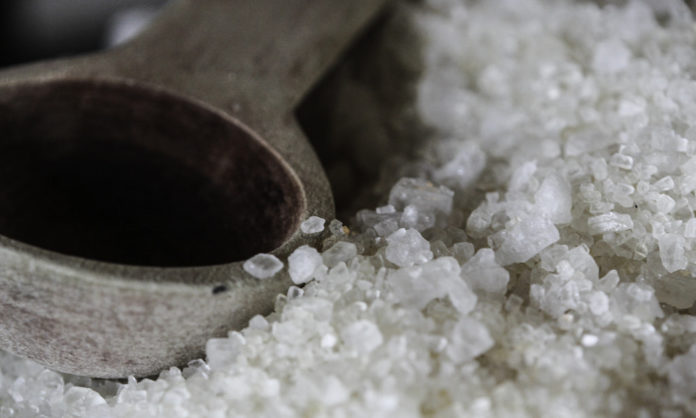
EVERYONE seems to be getting either too much salt or not enough. So which is it? Part of the problem is with how we study the connection.
Fortunately, researchers on both sides of the issue are starting to agree on how best to proceed and may soon have a better answer for all of us. That answer may be that for most of us, there is no need to eat less salt than we do now.
The European Heart Journal recently published a report by researchers from the World Heart Federation, the European Society of Hypertension and the European Public Health Association that clarified that eating more than 5 grams of sodium per day increases the risk of heart disease, but there was little evidence that eating less than 2 grams per day had any health benefits. They recommended a safe range of between 3 and 5 grams daily.
Of course more research is needed, but also better research. In the past, many studies only looked at the effect of salt on blood pressure. Today more doctors and scientists are looking at the effect salt has on your total health. The researchers agreed that your overall diet is more important to your health than a single nutrient. It’s true that a low-salt diet can lower your blood pressure slightly, but it can also place stress on other parts of your body, and that can increase the risk of bad outcomes like diabetes.
Another way research into salt and health is being improved is in the way the results are collected. In the past, people whose salt levels were being studied provided only one urine sample, but your salt levels vary throughout the day and from day to day.
A much more accurate way to study salt in people is to collect multiple urine samples over many days, not an easy task, but one that the researchers recognized produces much more accurate results.
Everyone agrees that we need salt to live and that it is an essential nutrient, but getting the right amount is important. The fact is that a small percentage of people are salt sensitive and are affected by salt more than others. These individuals may benefit from less salt, but the rest of us may be put at risk from that same low-salt diet. Every person has different health needs and should follow the advice of their doctor. Placing the entire country on a low-salt diet, as some have suggested, may do more harm than good.








